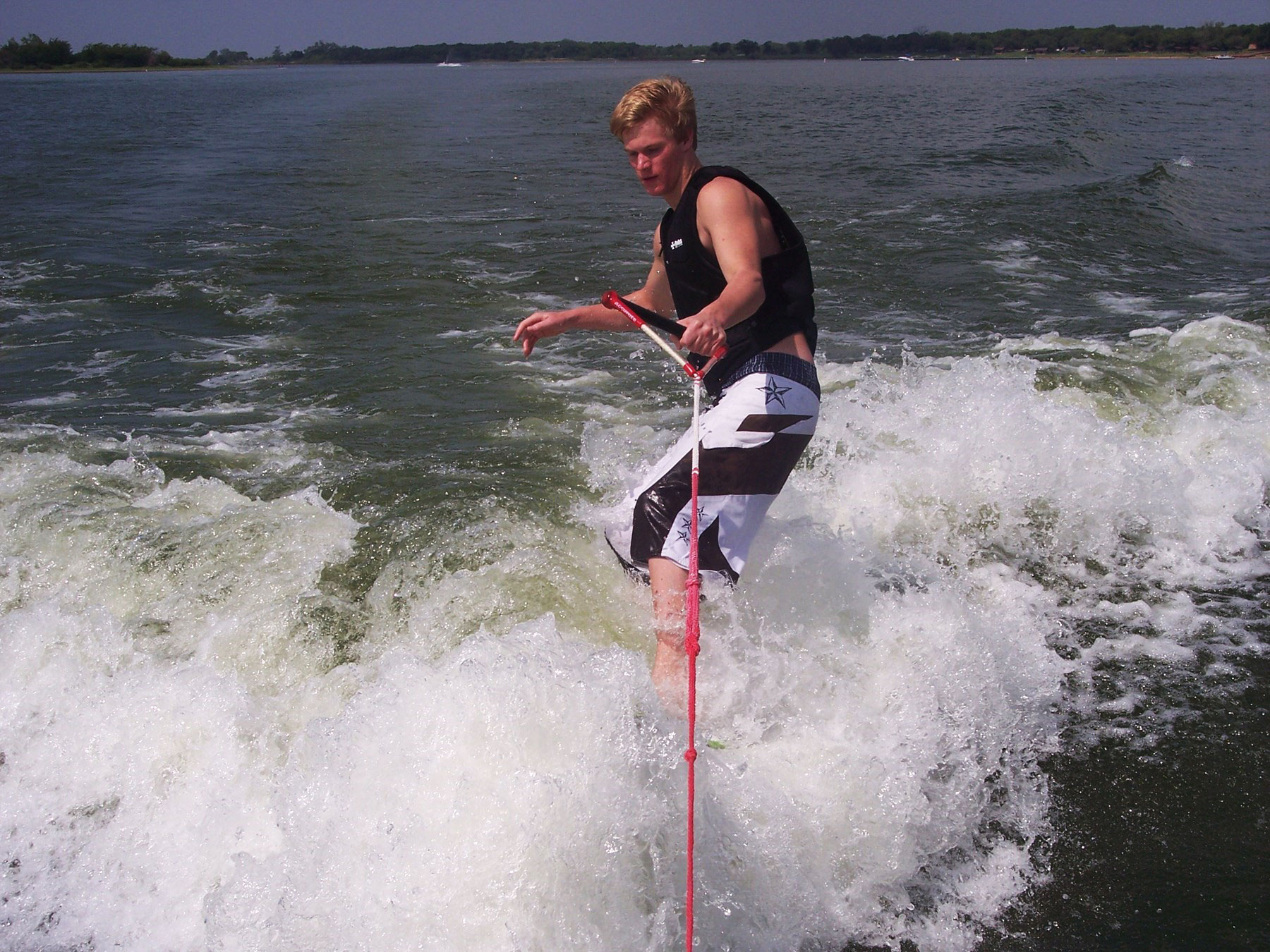on Sunday, November 7 – around 8 p.m., the police knocked on Bills’ door and told her Tyler was found dead at the place he had been living in.
Michelle was under the impression that her son had stopped using. His urine was regularly tested, and results never showed the presence of drugs in his system. Sadly, her assumption was wrong. Tyler Bills,28, died of a heroin overdose.
“I don’t think I’ve ever felt so much pain in my entire life,” she said. “I still can’t believe that I’m not going see him again. We really had such a good relationship even after all we had been through. I knew he was struggling, but he was trying his hardest.”
A post-mortem dispute
A week after Tyler’s funeral, his family went through his possessions and found two bottles of urine tucked in his shoes. Once again, they tried to contact the residential facility, and again, nobody would pick up.
“My son’s death would have been avoided if someone had a ‘close eye on him,’” she said. “All my hopes and dreams for my son were crushed.”
Michelle said she believes her son’s death could have been avoided.

She has reached out to the transitional living facility and asked them to review their policies for urine drug screens and said the facility hired an opioid specialist after Tyler passed away.
“I do not want this happen to another family,” she said. “I plan to go to extreme lengths to have people know about Tyler’s death. Something needs to change, and I will not stop until that happens.”
‘The problem is, one drug comes in a bottle, the other comes in a baggie, but they’re both on the streets’
Data from the Utah Department of Health shows that Tyler’s case is one among many similar tragedies happening in the state.
Utah had the fourth highest number of drug poisoning deaths in the U.S. between 2012 and 2014. In 2015, 89 opioid prescriptions were dispensed per every 100 Utahns — an increase of 29 percent since 2002.
“We are seeing a pretty significant opioid epidemic problem here,” said Brian Besser, special agent in charge of the U.S. Drug Enforcement Administration (DEA) in Salt Lake City. “Especially with what I would consider designer drugs and fentanyl analogs.”
Besser said the DEA in Utah recently shut down sizeable counterfeit pill operations and seized drugs that were sold on the black market as pills such as alprazolam and OxyContin, but were actually produced with fentanyl and were purchased by many who could no longer get their opioid prescriptions filled.
“I don’t separate heroin and opioid pills,” Besser said. “They’re both equally deadly, equally addictive. The problem is, one drug comes in a bottle, the other comes in a baggie, but they’re both on the streets. Culturally, until we start treating opioids like heroin, we are going to continue to see this problem.”
On average, at least one person dies every day from an opioid overdose in Utah. But recent changes are bringing hope.
Earlier this month, a new law passed to allow pharmacies in Utah to sell Naloxone without a prescription and the state is also working on increasing its prescription drug monitoring system, which is a controlled substance database.
“In the past five years, it has done a lot of good to reduce doctor shopping and the number of patients who got prescriptions from multiple sources or providers,” said Angela Stander, prescription drug overdose coordinator of the Utah Department of Health.
Addressing the problem of substance use disorder at the community level is another priority.
“This is a problem that really hasn’t been dealt with at the community level,” she said. “There hasn’t been funding for it because usually, local health departments will focus on safety, so this kind of public health approach to substance use disorder is new.”
A new campaign called Stop the Epidemic, is expected to launch soon in the state. Utah’s public health department has also been combining its efforts with local substance abuse authorities to… (continue reading)

















